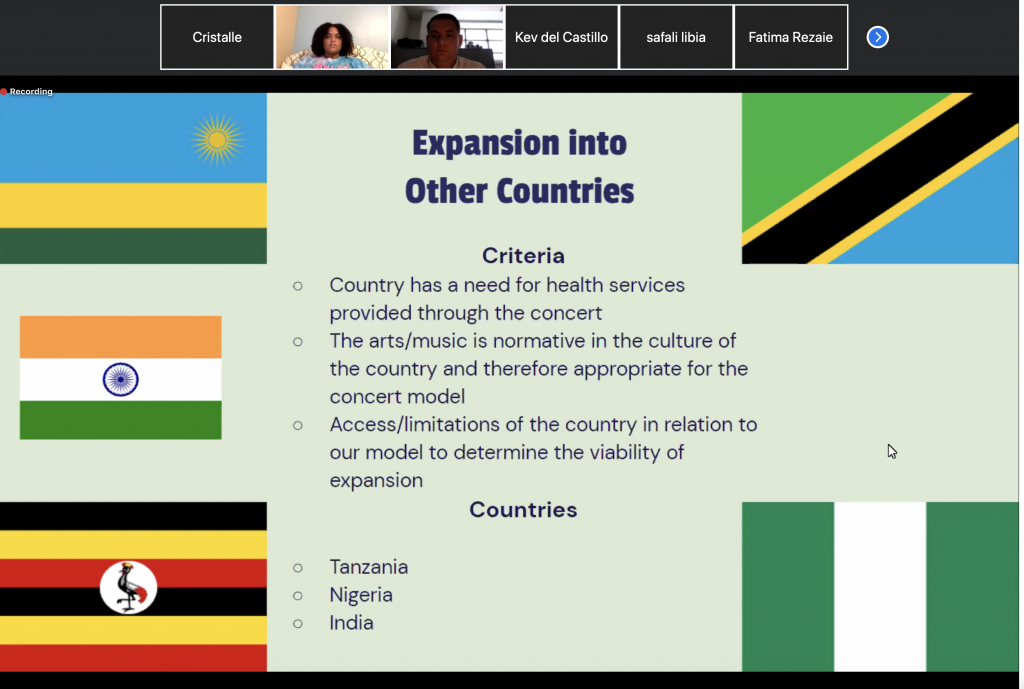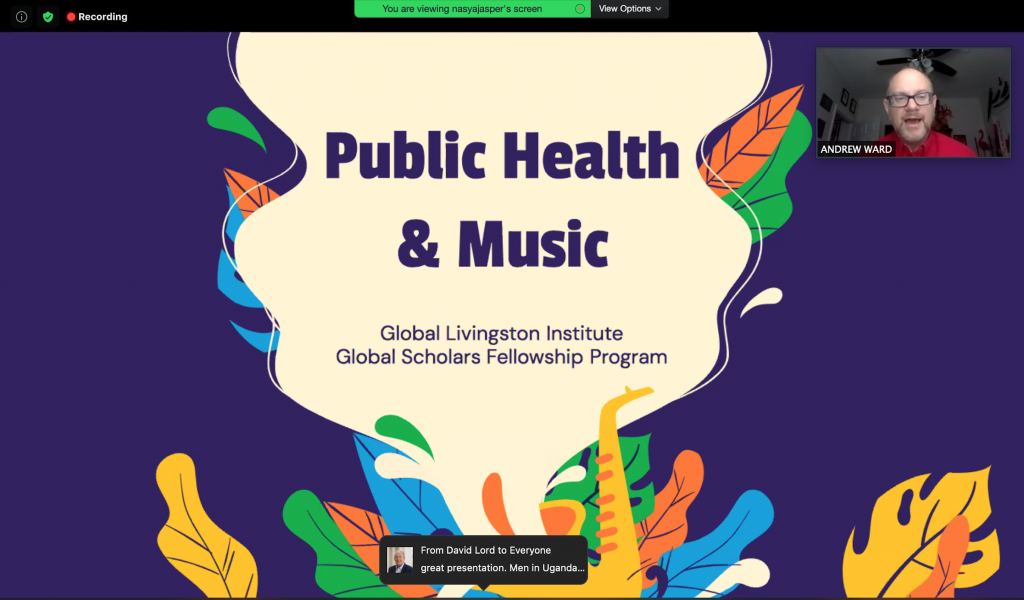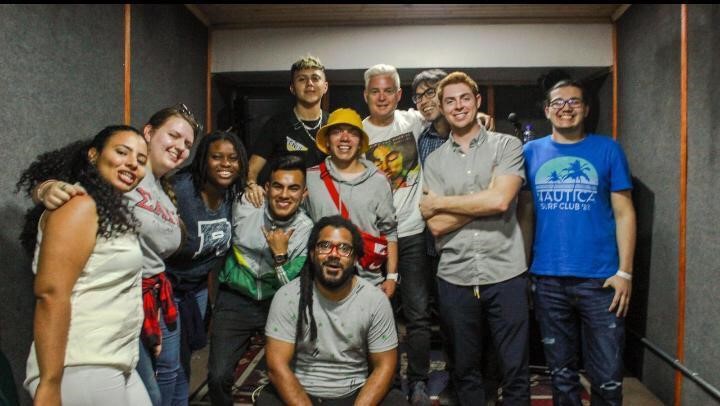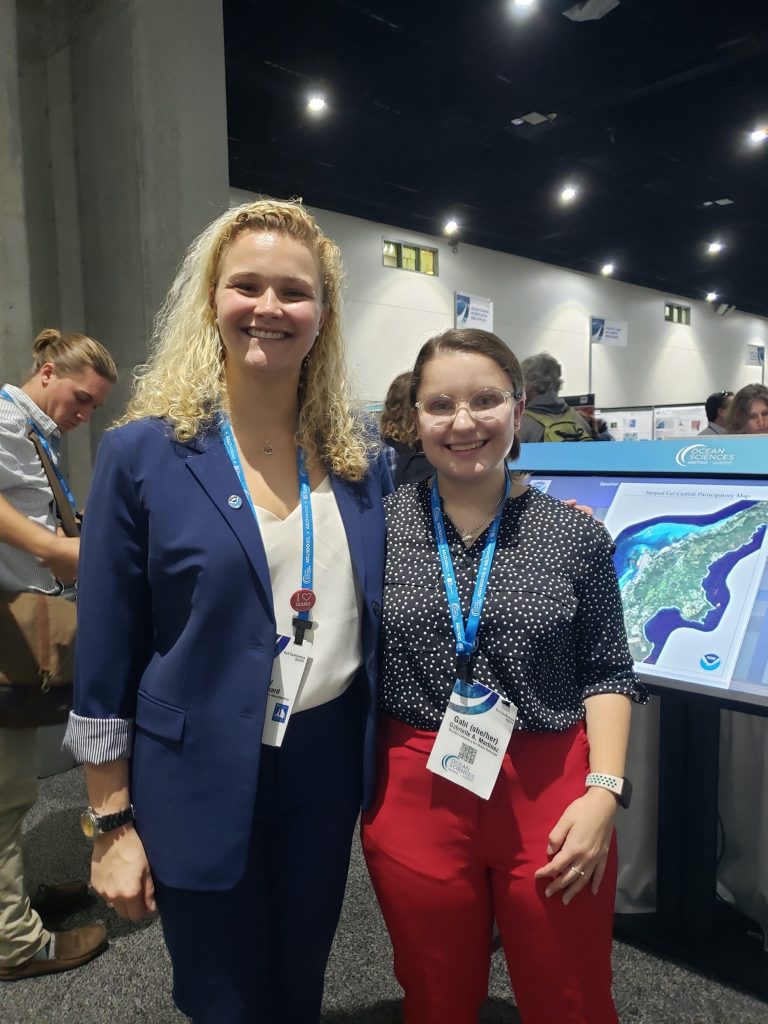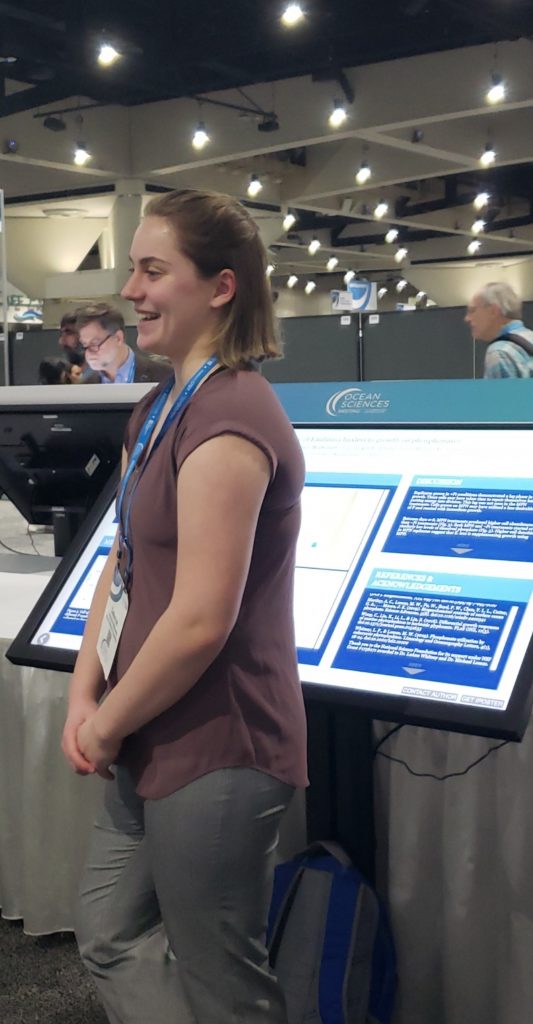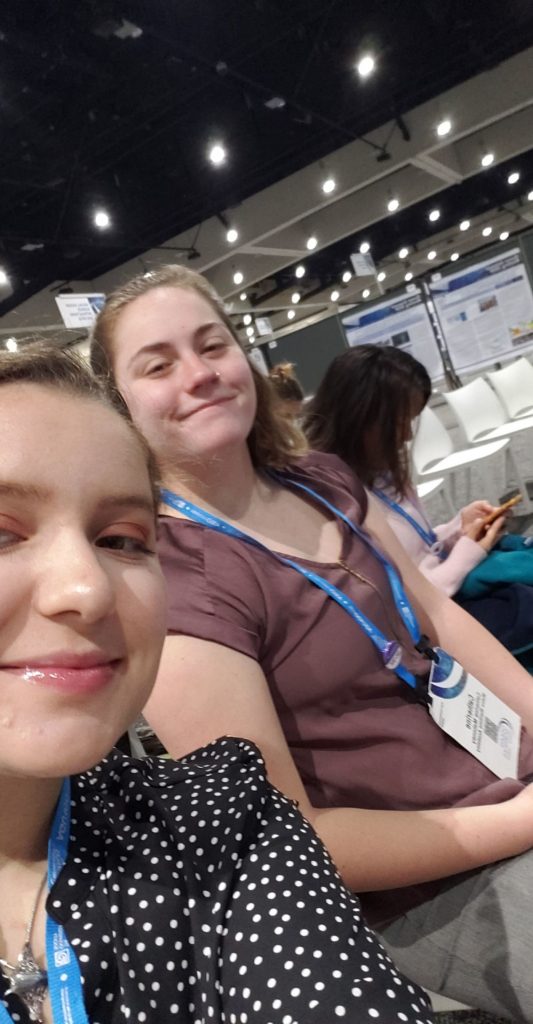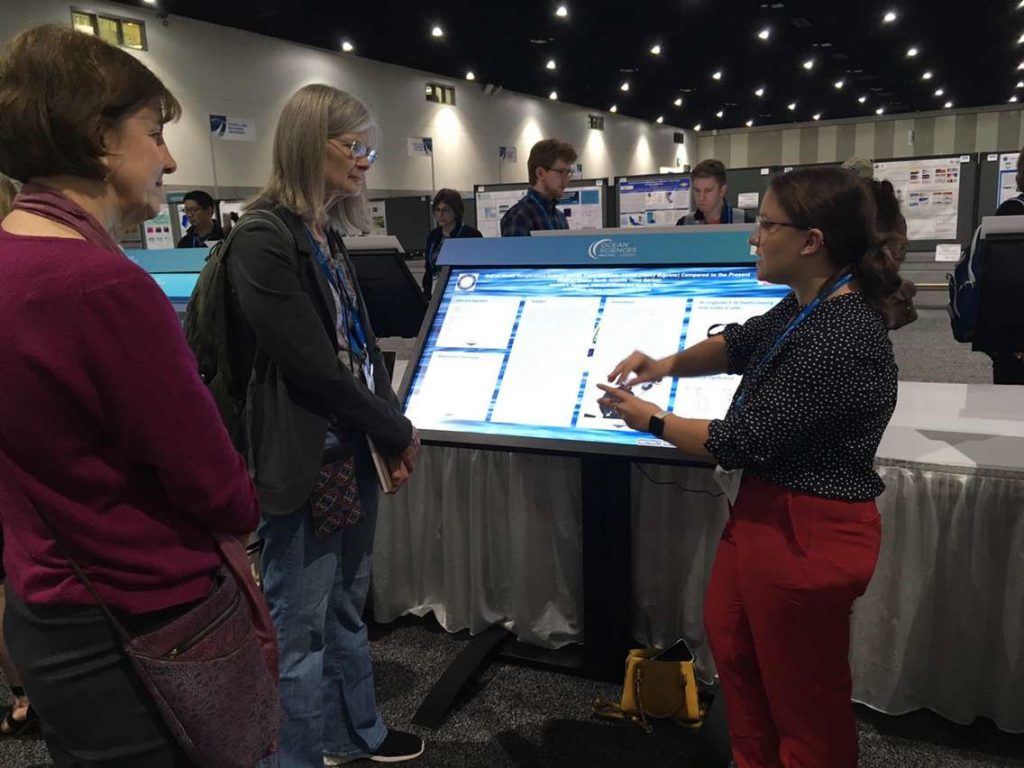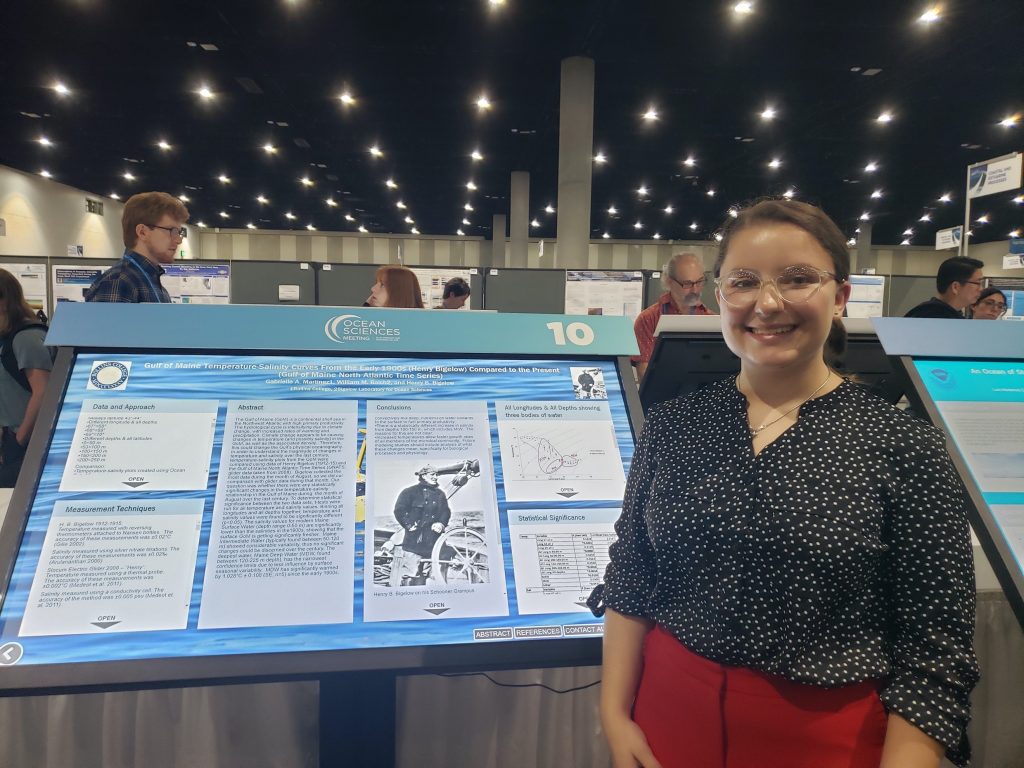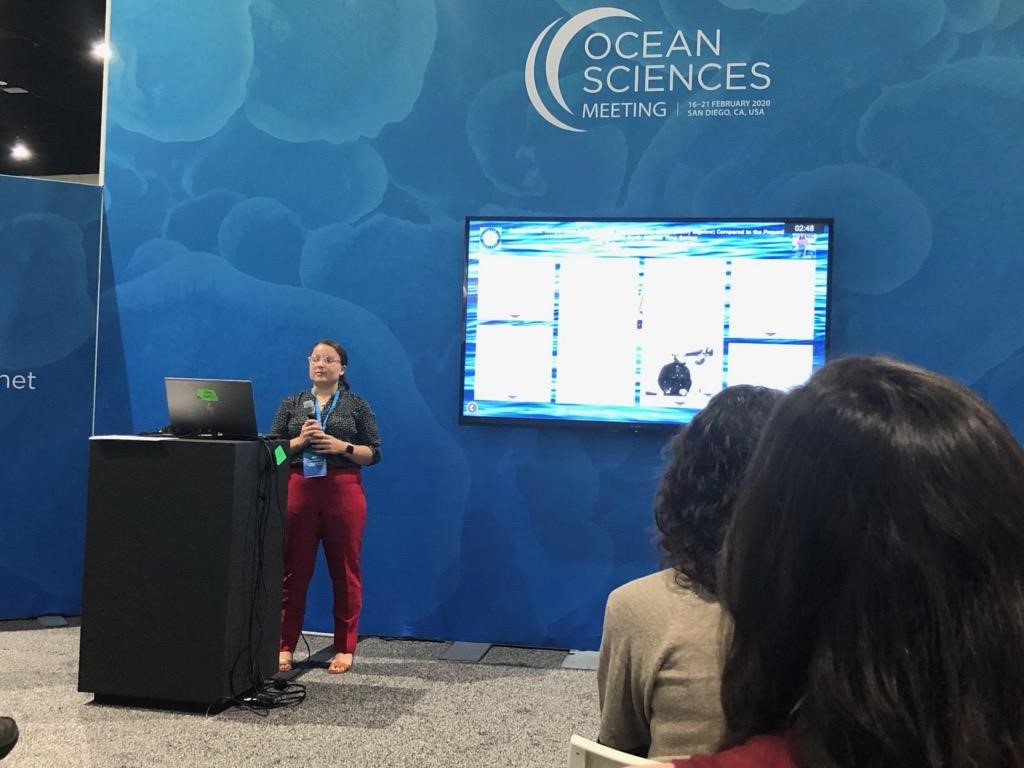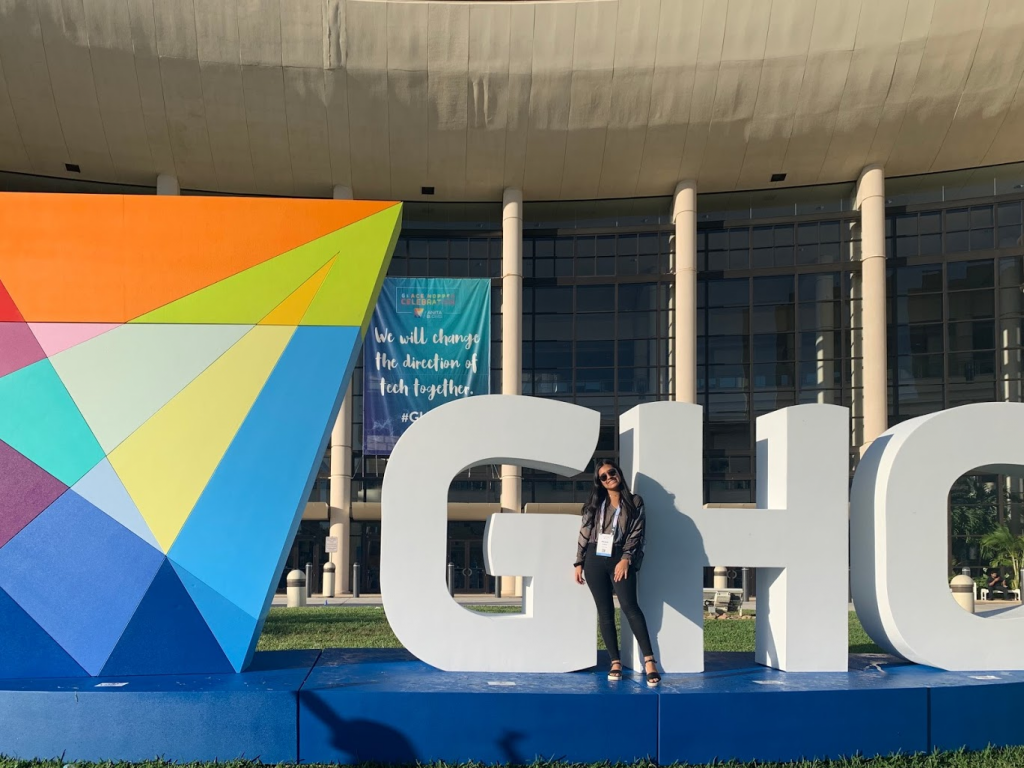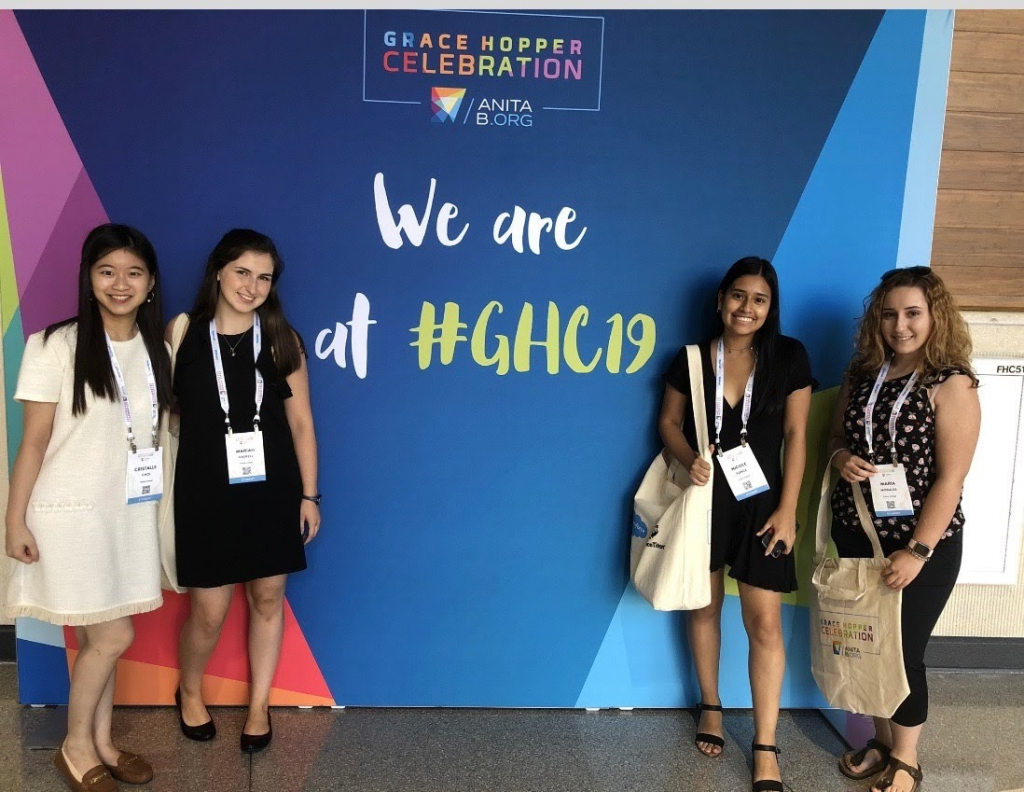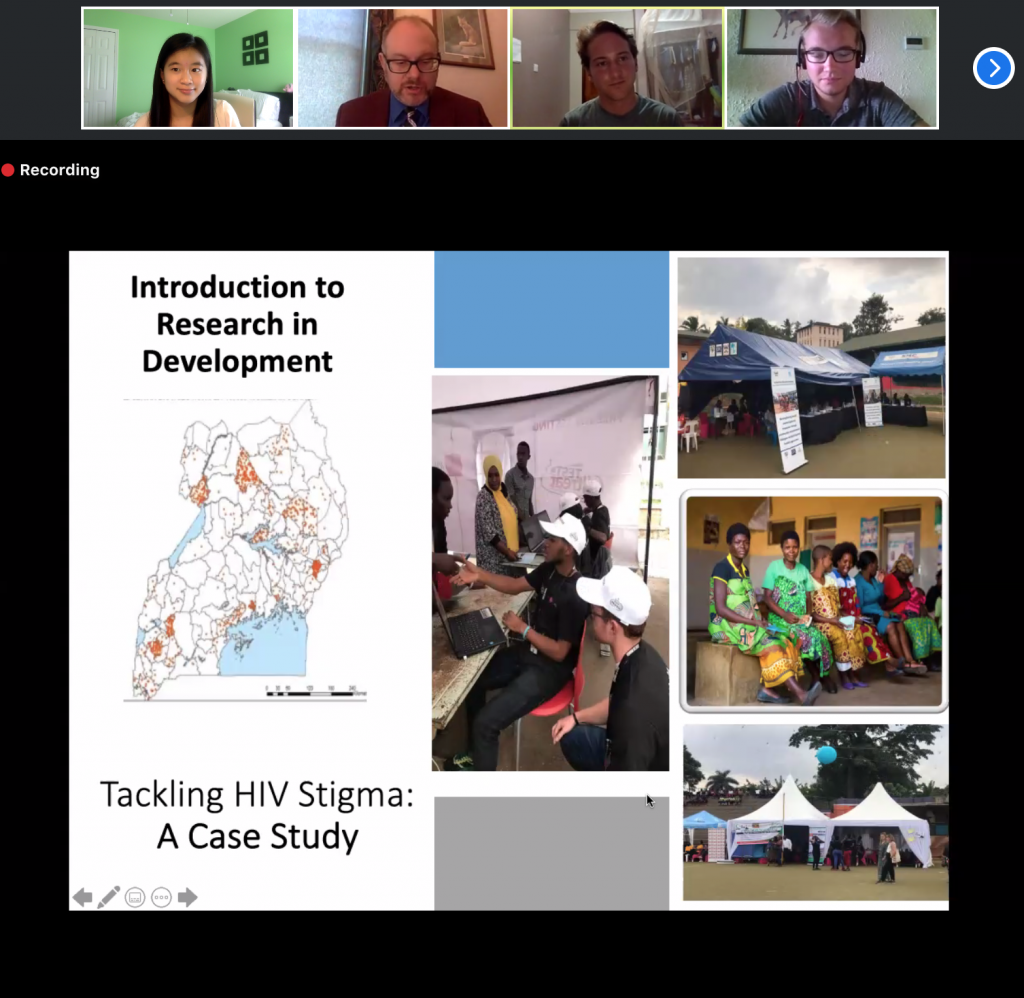
As a Global Scholars Fellow, I was immersed in a 5-week Global Livingston Institute virtual program to get a deep dive in what international development was and learned the different aspects of it, from youth education to public health. Every week, I would listen in to five different lectures led by different guest speakers, including community development leaders from East Africa and NGO program directors. I would also read articles and journals related to what international development was, how Global Livingston Institute tackles international development in a unique approach and the histories of Uganda and Rwanda. I am inspired by the Global Livingston Institute’s mission statement of “Listen. Think. Act.” because it is rooted in the idea of understanding and empathizing a problem thoroughly before taking strategic actions. I learned that society’s problems, whether it’s poverty or gun violence, are so much deeper than the surface level. These complex problems are like icebergs in which most individuals usually view them at surface level. However, the roots of the problem that perpetuates the problems, or the iceberg, is what you cannot visually see. This program taught me that activism means being courageous and committed enough to put in the thoughtful work needed to create meaningful, positive change. Activists put in the effort and time to ensure that the problems are effectively being solved because complex problems call for complex solutions. Through the video chats and readings, I was reminded that international development calls for permanent systematic change, such as educating and empowering local communities, instead of short-term solutions. I appreciated how I got to connect with the fifty other fellows on pertinent international development issues through meaningful discussion boards and personal conversations.
Here is the link to my Google Slides final presentation: https://docs.google.com/presentation/d/1Q1W3gP5CYFmjqfN5gGBiCUoZY2rEPnok8fBff2KoyvE/edit?usp=sharing
